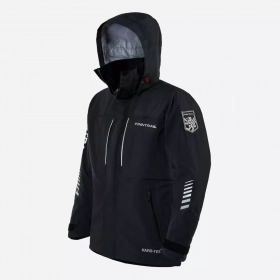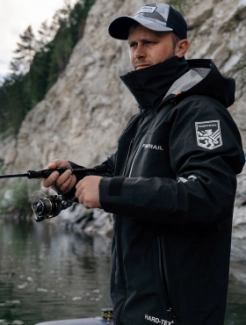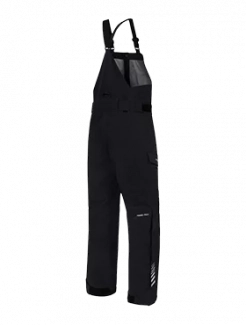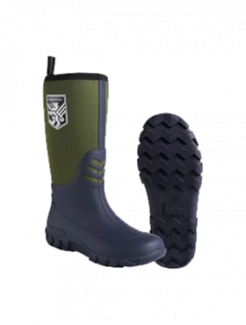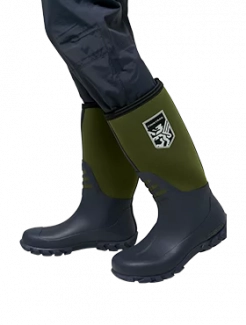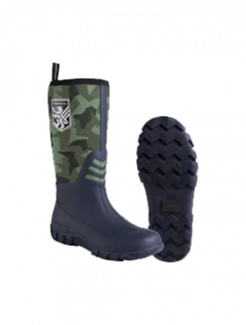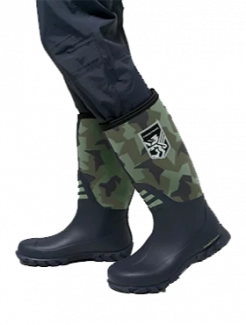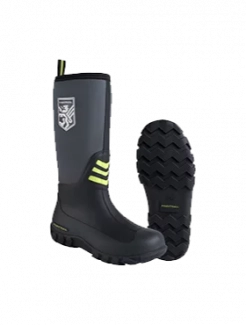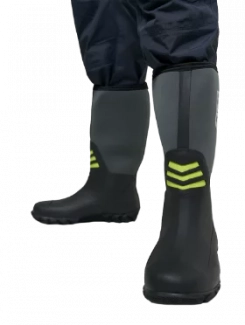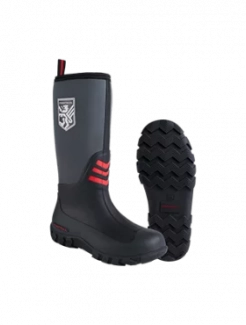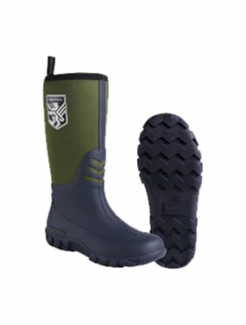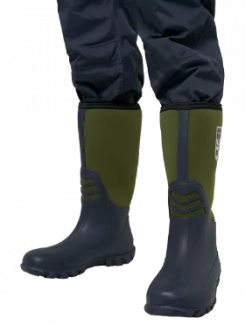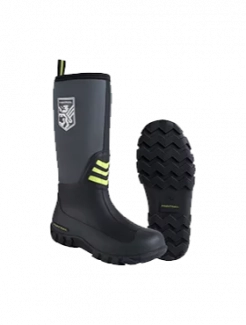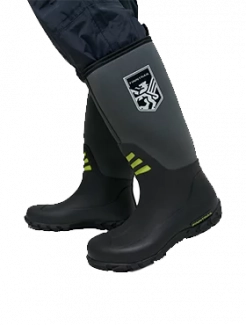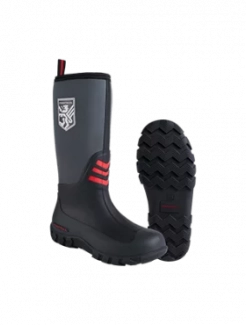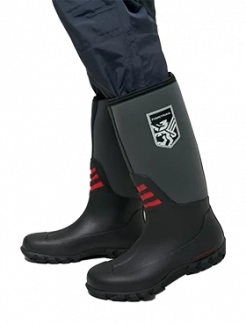Do You Need a Boating License in France?
If you're dreaming of sailing along the French Riviera or drifting through the peaceful canals of Burgundy, you might need a boating license. That depends on several factors, including the type of vessel, engine size, and where you plan to navigate.
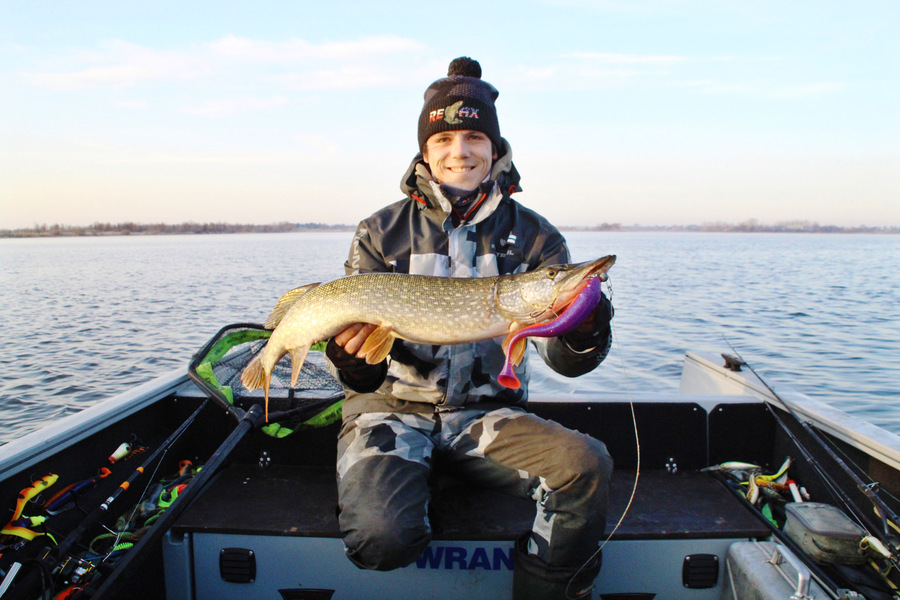
When You Don’t Need a License
In France, not everyone needs a boating license. If your vessel is equipped with an engine under 6 horsepower (4.5 kW), you're free to cruise without formal certification. This is ideal for beginners or casual users sticking to small lakes, calm rivers, or near the coast.
You also don’t need a license if you’re renting a small canal boat (under 15 meters) for a short trip. Many rental companies offer basic training and a temporary permit, making it easy for tourists to enjoy inland cruising without hassle.
When a License Is Required
Once your boating activities become more advanced, the need for a license becomes essential. You must hold a valid license if:
-
Your boat's engine is more than 6 horsepower
-
You plan to operate a jet ski or personal watercraft
-
Your vessel is longer than 15 meters
-
You intend to sail more than 6 nautical miles from the coast
In these cases, getting the correct license is both a legal obligation and a matter of safety.
Types of Boating Licenses in France
France offers three main types of boating licenses. Each one is tailored to a different type of waterway or boating experience.
The Permis Côtier (Coastal License)
The Permis Côtier is the most popular license for recreational boaters who want to sail at sea with engines over 6 horsepower. This license allows navigation up to six nautical miles from the shoreline and is perfect for coastal cruising along the Mediterranean, Atlantic, or English Channel. You must be at least 16 years old to apply.
The Permis Hauturier (Offshore License)
If your plans involve venturing farther out into open water—beyond the six-mile coastal limit—you’ll need the Permis Hauturier. This offshore license builds upon the coastal license and is aimed at experienced boaters interested in long-distance sailing or international trips. It involves more advanced training in areas like navigation, tides, and weather forecasting.
The Permis Fluvial (Inland License)
For France’s rivers, lakes, and canals, the Permis Fluvial is required. It’s essential for boats with engines over 6 horsepower and for any inland vessel longer than 15 meters. This license covers the unique challenges of inland navigation, including managing locks and narrow canals.
How to Get a Boating License in France
Step 1: Enroll in a Boating School
The first step in getting a boat license in France is enrolling in an approved training center. These schools are available across the country and in many tourist areas. Some offer classes in English, especially in regions frequented by international visitors.
Step 2: Complete Training
The course consists of both theoretical and practical components. The theory lessons include navigation rules, marine safety, signal systems, emergency procedures, and equipment usage. You'll also cover legal responsibilities and environmental guidelines.
Practical training involves real-time boat handling under supervision. You’ll learn to steer, dock, maneuver, and respond to various conditions on the water.
Step 3: Pass the Exam
Once training is complete, you’ll take a multiple-choice test known as the QCM (questionnaire à choix multiple), followed by a practical assessment. If you pass both, you’ll officially earn your France boating license, allowing you to sail legally and confidently.
Required Documents
To register, you’ll need:
-
A valid ID
-
Proof of residence (if you're a resident)
-
A medical certificate confirming you are fit to operate a vessel
What If You Already Have a Boating License?
EU Citizens
If you're from another EU country, your existing license is generally recognized in France without issue.
Non-EU Citizens
For non-EU citizens, an International Certificate of Competence (ICC) is usually required. This internationally accepted document proves your boating qualifications. If you don’t have one, you should carry a translated version of your national boating license in French. Always verify with local authorities before departure, as regional differences in enforcement can occur.
Why You Should Still Consider a Course
Even if a license isn’t required for your specific boating trip, taking a short course can be incredibly helpful. It boosts your confidence, helps you understand local rules, and teaches essential safety procedures. In unfamiliar waters, being prepared is the best way to ensure a safe and enjoyable experience.
Final Thoughts
To wrap it up—do you need a boating license in France? In many situations, yes. Whether you're sailing the Mediterranean, cruising along the Atlantic coast, or navigating the scenic inland canals, the right boating license is key to both legal compliance and personal safety.
Understanding how to get a boating license gives you access to one of the world’s most beautiful and diverse boating destinations. With the proper license and training, you can enjoy everything from thrilling coastal adventures to relaxed inland journeys—all while respecting the regulations that keep France’s waters safe and welcoming.

